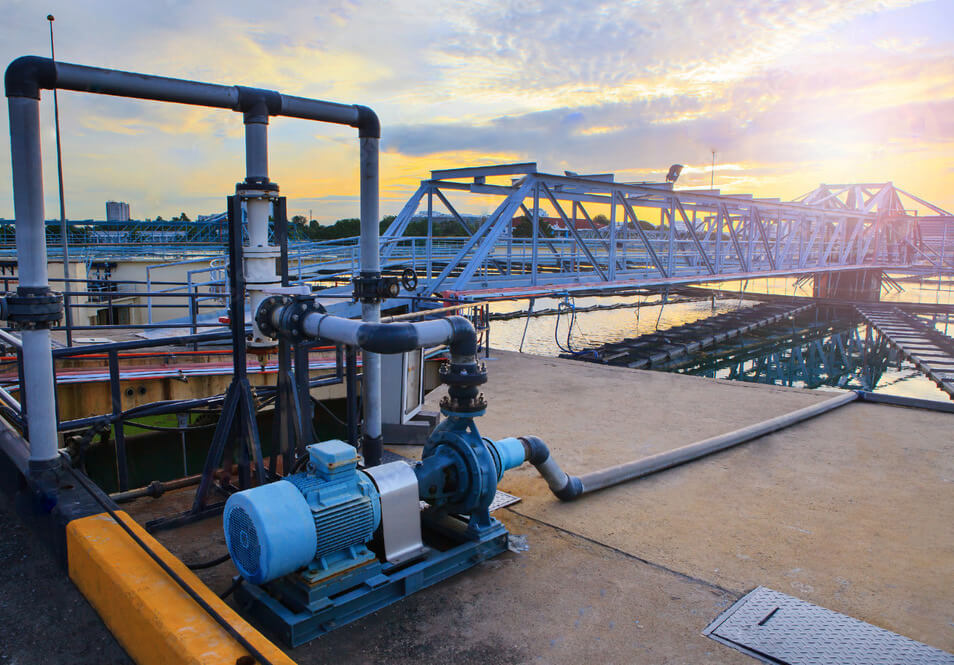
This course is designed to equip learners with the knowledge and practical skills required to install, maintain, and troubleshoot various sanitary appliances in residential, commercial, and industrial settings. The course covers a comprehensive range of topics, from understanding plumbing systems and selecting appropriate tools and materials to interpreting installation plans and ensuring compliance with building codes and standards.
Through theoretical instruction and hands-on practical training, participants will learn how to install sinks, toilets, bathtubs, showers, urinals, and other fixtures while adhering to safety protocols and environmental considerations. By the end of the course, learners will have the confidence to execute installations effectively and address common issues encountered during and after installation.
- Teacher: Immaculate Chibeu

This unit introduces students to the principles, design, and management of water supply systems in civil engineering. Students will gain foundational knowledge on sourcing, treating, and distributing potable water efficiently and sustainably. Topics cover water demand estimation, water sources, purification processes, water quality standards, distribution networks, and infrastructure. The course also addresses challenges like water scarcity, climate impacts, and sustainable practices, with a focus on modern technologies and regulatory compliance. Through practical applications, site visits, and project work, students will develop skills essential for designing and maintaining resilient water supply systems in urban and rural settings.
- Teacher: Immaculate Chibeu